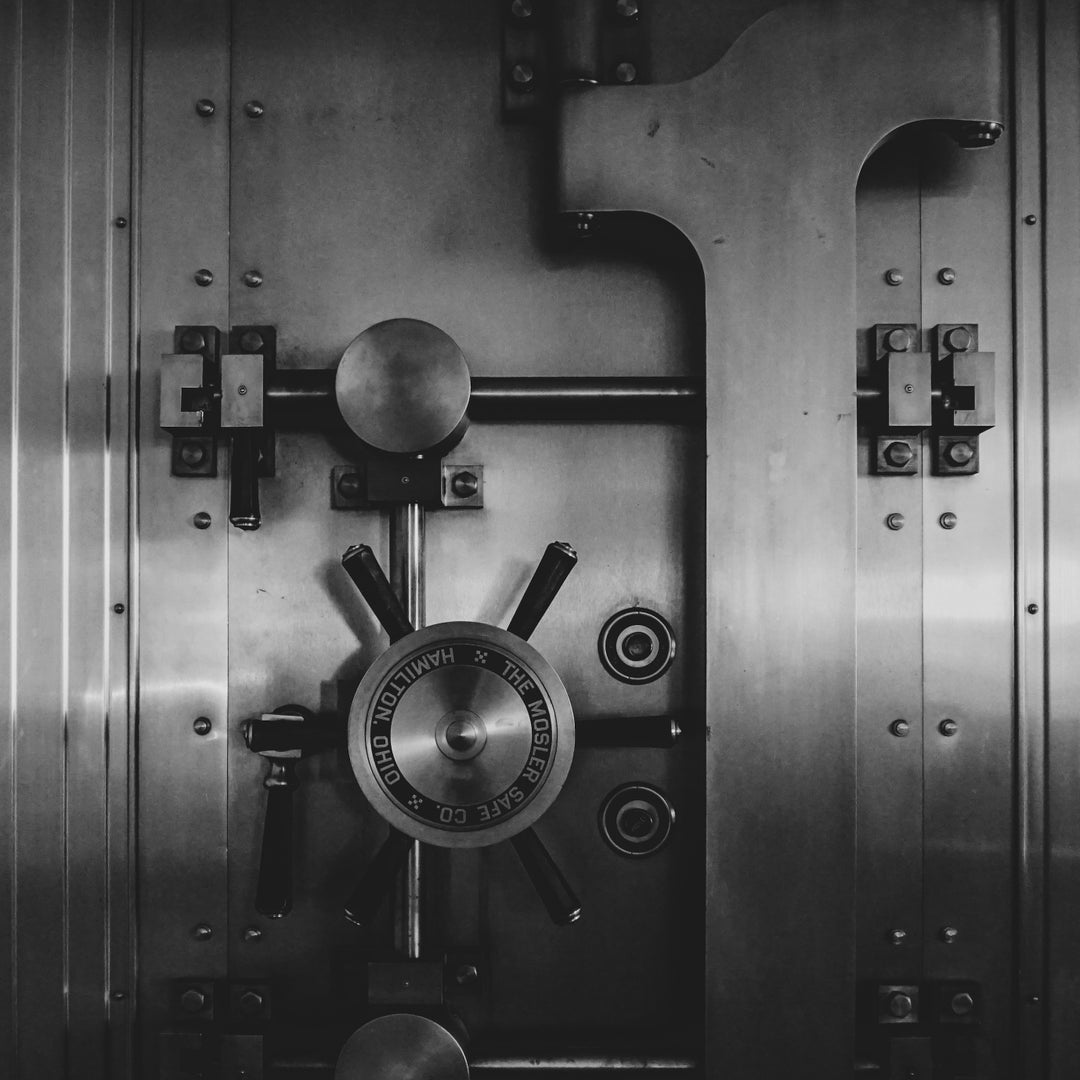How My Money is Protected

Headlines about bank runs can be scary, but there are protections in place to help give you peace of mind about your investments and bank deposits. Here’s how it works.
How are my bank deposits protected?
The FDIC, or the Federal Deposit Insurance Corporation, insures deposits in bank accounts up to $250,000 for each depositor.
When you put money in a bank account, you’re considered a depositor with the bank. If the account is FDIC-insured, your money is automatically protected. For example, with Acorns Checking, your accounts have FDIC insurance through our banking partners, Lincoln Savings Bank and nbkc bank. The FDIC insures more than 4,700 banks across the U.S.
What that means is if an insured bank fails, the FDIC will reimburse you for your losses. Since the FDIC’s creation in 1933, every insured depositor has gotten their money back (up to the $250,000 limit) after a bank failure.
FDIC insurance generally covers each depositor per bank. If you have multiple accounts in your name at one bank, add up the balances to see if you're under the limit. Say you have $1,000 in a checking account, $10,000 in a savings account, and $20,000 in a CD ("certificate of deposit") account, all at the same bank — your $31,000 total deposits are covered.
If you have a joint account, each owner of a joint account is covered up to $250,000. Say you and your spouse are co-owners of a joint account and have equal rights to the account at a single bank — your deposits will be protected up to a total of $500,000.
How are my investments protected?
Your investments are likely protected, too. SIPC, or the Securities Investor Protection Corporation, protects investments up to $500,000. SIPC was created to protect investors from the rare scenario of a brokerage company going under.
Think of it like a safety net for your money — just like homeowners or renters insurance, this kind of insurance is there in the unlikely event of a disaster that's out of your control.
If you have investments in an account with a member company of SIPC, like Acorns, and that company has financial difficulties, SIPC will restore your funds up to the limit.
Just know that SIPC doesn’t protect your investments from the normal ups and downs of the stock market — by nature, investments carry some level of risk (that’s how investing can offer the potential for you to earn returns).
What happens if a bank fails?
If a rare worst-case scenario happens and your bank does fail, the FDIC steps in quickly to make sure you'll have access to your protected deposits. The FDIC will take one of two actions to protect your money:
-
They'll facilitate a takeover. In this scenario, a healthy bank acquires all insured deposits of the failed bank. Insured funds then become available immediately at the new bank, and the FDIC reimburses the acquiring bank for these deposits.
-
The FDIC will issue checks to insured depositors. This could happen if an acquirer can’t be found. All this usually happens within 24 hours to two days of the bank failure.
In rare cases, the FDIC will reach out to you for additional information before processing a refund.
How else can I protect my money?
If the FDIC successfully arranges a sale of the failed bank, you don’t have much to worry about. Your money will normally be available almost immediately at the new bank, so any upcoming bills or automatic payments should go through without a hitch.
But if the FDIC can’t find an acquirer, it could take a few days for the check the FDIC will issue you to arrive in the mail.
So as well as making sure your money is protected by FDIC and SIPC coverage, it may bring some peace of mind to consider some backups:
-
Have a bank account with a small emergency fund at another institution
-
Keep a limited amount of cash on hand. You'll just need enough to cover the basics until you're reimbursed.
-
Credit cards can also help cover the basics until you're reimbursed, but be aware that you'll need to pay any charges off as soon as possible to avoid being charged interest.
A bank or brokerage failure can be a headache, but thanks to entities like the FDIC and SIPC, you can feel confident that you will get your protected money back. For more information, please visit www.fdic.gov and www.sipc.org.
Important Risk Disclosures
Investing involves risk including the loss of principal. Please consider your objectives, risk tolerance, and Acorns’ fees before investing.
Acorns is not a bank. Acorns Visa™ debit cards and banking services are issued by Lincoln Savings Bank or nbkc bank, members FDIC.
Investment advisory services offered by Acorns Advisers, LLC (“Acorns”), an SEC-registered investment advisor. Brokerage services are provided to clients of Acorns by Acorns Securities, LLC, an SEC-registered broker-dealer and member FINRA. Member SIPC. Securities in your account protected up to $500,00. For details see www.sipc.org. For more information visit Acorns.com.








